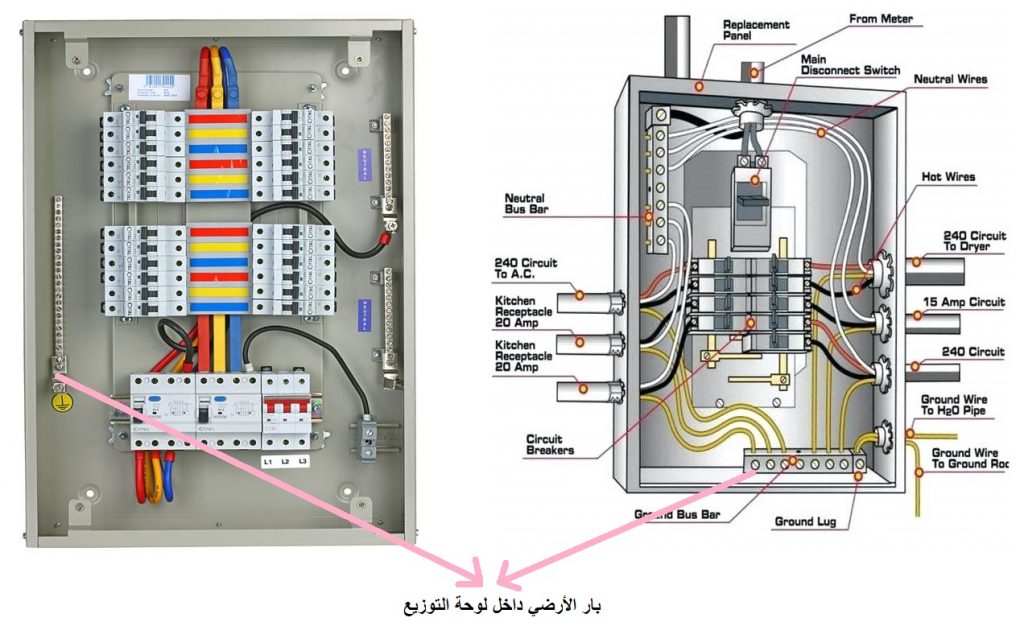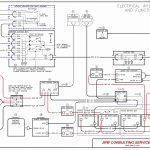Overview:
The Low Voltage Grounding Systems Course focuses on the principles, design, and
installation of grounding systems for low-voltage electrical networks. Grounding is essential
for the safety and reliability of electrical systems, preventing electrical shock hazards,
protecting equipment from damage, and ensuring the proper functioning of electrical
systems. This course provides both theoretical and practical knowledge of grounding
techniques and standards, as well as hands-on experience with installation and testing.
Course Objectives:
– Understand the importance and principles of grounding systems in low-voltage electrical
networks.
– Learn the design methods and components of effective grounding systems.
– Comprehend the safety standards and codes related to grounding.
– Gain skills in the installation, testing, and maintenance of low-voltage grounding systems.
– Learn how to troubleshoot and solve grounding-related issues.
Training Content:
1. Introduction to Grounding Systems:
– Definition and purpose of grounding.
– Importance of grounding in electrical systems.
– Difference between grounding and bonding.
– Types of grounding systems (TN, TT, IT systems).
2. Components of Grounding Systems:
– Ground rods, ground plates, and ground conductors.
– Grounding electrodes and their selection criteria.
– Equipotential bonding and grounding connections.
3. Designing Low Voltage Grounding Systems:
– Factors influencing grounding design (soil resistivity, system configuration).
– Calculating the size of grounding conductors.
– Ground resistance and its importance in system performance.
– Practical examples of grounding system design.
4. Grounding Standards and Safety Regulations:
– Review of international standards (IEEE, IEC, NEC).
– Grounding system safety requirements.
– Overvoltage protection and the role of grounding.
– Coordination between grounding and lightning protection systems.
5. Installation of Grounding Systems:
– Procedures for installing grounding rods and electrodes.
– Bonding electrical equipment to the grounding system.
– Methods for reducing soil resistance.
– Best practices for effective and reliable installations.
6. Testing and Maintenance of Grounding Systems:
– Techniques for testing ground resistance (Earth resistance testing).
– Inspection and maintenance procedures for grounding systems.
– Troubleshooting common grounding system failures.
– Case studies of grounding system failures and solutions.
7. Advanced Topics in Grounding:
– Grounding for sensitive electronic equipment.
– Grounding in renewable energy systems (solar and wind).
– Effects of poor grounding on equipment and system performance.
– Grounding in industrial environments.
8. Practical Applications and Hands-On Training:
– Installation of a grounding system in a controlled environment.
– Conducting ground resistance tests using specialized equipment.
– Analyzing real-world grounding system designs.
9. Evaluation and Testing:
– Pre- and post-course assessments.
– Final project on designing and testing a grounding system.
Target Audience:
– Electrical engineers and technicians.
– Maintenance personnel in industrial, commercial, and residential sectors.
– Contractors and electricians involved in low-voltage electrical system installations.
– Safety officers and project managers in charge of electrical installations.
– Students and recent graduates in electrical engineering or related fields.
– Anyone interested in enhancing their understanding of electrical safety and grounding
systems.
This course is ideal for professionals looking to deepen their knowledge of low-voltage
grounding systems and ensure compliance with safety standards in electrical installations.






